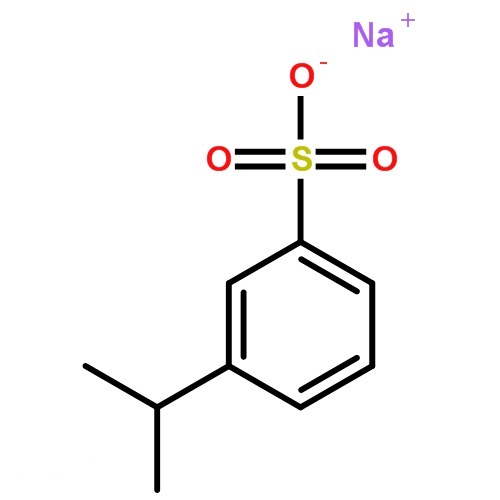
Products
1,4-Butane sultone ; CAS No. : 1633-83-6

Synonyms:1,4-butane sultone;butanesultone
Chemical Property of 1,4-Butane Sultone
● Appearance/Colour:clear colorless to yellowish liquid
● Vapor Pressure:0.00206mmHg at 25°C
● Melting Point:12-15 °C(lit.)
● Refractive Index:n20/D 1.464(lit.)
● Boiling Point:299.9 °C at 760 mmHg
● Flash Point:135.2 °C
● PSA:51.75000
● Density:1.308 g/cm3
● LogP:1.20740
● Storage Temp.:Store below +30°C.
● Sensitive.:Moisture Sensitive
● Solubility.:54g/l (decomposition)
● Water Solubility.:54 g/L (20 ºC) decomposes
● XLogP3:0.1
● Hydrogen Bond Donor Count:0
● Hydrogen Bond Acceptor Count:3
● Rotatable Bond Count:0
● Exact Mass:136.01941529
● Heavy Atom Count:8
● Complexity:153
Useful
Chemical Classes:Other Classes -> Sulfur Compounds
Canonical SMILES:C1CCS(=O)(=O)OC1
Uses:1,4-Butane Sultone is an alkylating agent with weak carcinogenic activity. 1,4-Butane sultone can be employed as a reactant in the preparation of conjugated polymers which include polybetaine, poly[2-ethynyl-N-(4-sulfobutyl)pyridinium betaine] (PESPB).It can also be used in the preparation of Bronsted acid catalysts such as 4-(succinimido)-1-butane sulfonic acid and poly(4-vinylpyridinium butane sulfonic acid) hydrogen sulfate. These catalysts facilitate the synthesis of 1-amidoalkyl-2-naphthols, substituted quinolines, and pyrano[4,3-b]pyran derivatives.
Detailed Introduction
1,4-Butane sultone, also known as 1,4-oxathiane-2,2-dioxide, is an organic compound with the formula C4H8O3S. It is a cyclic sulfonate ester that is used in various applications.
One of the primary uses of 1,4-Butane sultone is as an alkylating agent in the synthesis of pharmaceuticals. It can react with amines, alcohols, and thiols to introduce a sulfonic acid group. This property makes it useful in the modification of proteins and peptides, drug discovery, and other chemical synthesis processes.
1,4-Butane sultone is also used in the production of polymers and copolymers. It can serve as a cross-linking agent to improve the mechanical and thermal properties of polymers. It is particularly used in the manufacture of ion-conducting polymers for applications such as batteries and fuel cells.
Additionally, 1,4-Butane sultone finds application as a stabilizer and electrolyte additive in lithium-ion batteries. It helps to improve the lifespan and cycling stability of the batteries by suppressing undesired side reactions and enhancing the performance of the electrolyte.
It's worth noting that, while 1,4-Butane sultone has important uses, it is a reactive and potentially hazardous compound. Proper handling and safety precautions must be followed when working with it, including the use of appropriate protective equipment and adherence to safety guidelines and regulations.
Application
1,4-Butane sultone has several important applications in various industries:
Industrial chemistry: It is used as a reactive intermediate in the synthesis of various chemicals, including pharmaceuticals, agrochemicals, and dyes. It can undergo nucleophilic substitution reactions with amines, alcohols, and thiols to form a variety of products.
Electroplating: 1,4-Butane sultone is utilized as an additive in electroplating baths to improve the quality and performance of metal plating. It helps in achieving smoother, more uniform coatings on metal surfaces.
Lithium-ion batteries: It is used as a stabilizer and electrolyte additive in lithium-ion batteries. It helps to enhance the performance and lifespan of the batteries by improving their cycling stability and suppressing unwanted side reactions.
Protein modification: 1,4-Butane sultone is employed in the modification of proteins for research and diagnostic purposes. It is used to selectively add sulfonic acid groups to amino acid residues, allowing for precise control of protein structure and function.
Polymerization initiator: It can act as an initiator in the polymerization of certain monomers, such as vinylidene fluoride, to produce high-performance polymers with improved properties.
It's important to note that 1,4-Butane sultone is a reactive and potentially hazardous substance. It should be handled with care, following appropriate safety precautions and in compliance with relevant regulations.








